SUMMARY
This is AI generated summarization, which may have errors. For context, always refer to the full article.
The “days of darkness” came to Cagayan de Oro on a weekend, as people prepared to go to the beaches or just settle to do chores and loaf around their houses.
Lawyer Oscar Musni, who was among the first political detainees arrested in Cagayan de Oro following the declaration of Martial Law, recalled that he and other members of the local chapter of the now-defunct Kabataang Makabayan were huddled in a meeting in their headquarters in Barangay Nazareth.
The then-president Ferdinand Marcos signed Presidential Proclamation 1081, proclaiming Martial Law in the entire country on September 21, 1972. It was implemented throughout the country two days later.
“We were deciding if we would go out to the streets and stage a rally or go on hiding,” Musni said.
He said they decided to march to Cogon public market to the curious stare of the residents who were fully aware of the situation.
Cagayan de Oro’s radio stations were blaring non-stop recorded messages of Marcos declaring Martial Law, and banning rallies and public assemblies.
Musni said they persisted on staging the rally at the busy market in Cogon. By noon, they decided to end it and most of the activists went home.
He said he and two other activists were at their headquarters in Barangay Nazareth when teams from the Philippine Constabulary (PC) came.
“We tried to hide under the sleeping mats but the PC soldiers found us,” Musni said.
Musni recalled they were brought to Camp Alagar in Barangay Lapasan, then the headquarters of the PC, and now the seat of the Philippine National Police (PNP) in northern Mindanao.
“We were the first detainees. There were only three of us in the large reception area,” he said.
Notorious PC
Later, more detainees came, including the late Gary Bacolod, manager of the local ABS-CBN radio station. The others were members of the Federation of Free Farmers, an agricultural association.
The PC soldiers rounded up more young activists in their homes in the days that followed, Musni said.
Life in Cagayan de Oro came to a standstill as radio stations went off the air and schools stopped classes on orders of Martial Law administrators.
Residents avoided the streets as soldiers went on a rampage, venting their ire on young men with long hair, and young women who wore mini-skirts – the prevailing fashion in those days.
A meeting of five people was enough for people to get arrested after the Martial Law administrators declared it to be illegal.
When some of the radio stations came back on the air, they blared pro-Martial Law and “Bagong Lipunan” messages extolling how great Martial Law was.
Arthur Guerzon, a Xavier University graduate who now resides in the US, recalled that his parents would not allow him to go out of their house unless accompanied by an elder relative.
Guerzon said the situation got worse when Cagayan de Oro schools reopened in January 1973.
“My parents assigned an elder relative to accompany me to school. Hatid-sundo ako for several months,” he said.
Guerzon said he and his classmates at the XU College of Agriculture were also mindful about heading home at 9 pm because there was a curfew implemented from midnight to 4 am daily.
He said when he returned to school, he and his friends found they had new classmates – burly young men with well-developed muscles.
“We suspected they were soldiers planted to spy on us. We got scared and did not utter any word about Martial Law,” Guerzon said.
Suspicion lingered in the otherwise carefree atmosphere of the campuses, he said, because of the presence of the burly “strangers.”
“Our suspicion mounted when we noticed these men would be with us for only a semester and disappear in the next,” Guerzon said.
Tortured
Lawyer Arnold Barba, who also resides in the US, said PC soldiers tortured him and two other student activists when they were arrested in nearby Bukidnon province.
“I nearly died when they tortured us,” Barba said.
Barba said he was so traumatized – he declined to talk about his Martial Law ordeal.
Musni said being on the receiving end of torture was a harrowing experience.
He said after a few hours of receiving bodily blows from his PC captors, he received what he called the “flat-iron treatment.”
Musni ‘s torturers showed him a “hot flat iron” before he was blindfolded and stripped of his T-shirt. “What I did not see was they exchanged the flat iron for a block of ice. The effect was the same. When the ice struck my chest, I screamed,” Musni said.
He said he passed out and only after he woke up did he learn that his torturers just played mind games with him.
The Human Rights Claims Board said more than 11,103 human rights victims under Martial Law received compensation when it ended its operations on May 12, 2018.
The money for compensation came from the Swiss accounts of the late dictator Marcos that was transferred to the Philippine government. – Rappler.com
Froilan Gallardo is a Mindanao-based journalist and an awardee of the Aries Rufo Journalism Fellowship. He was among the activists arrested in Cagayan de Oro following the declaration of Martial Law in 1972.
Add a comment
How does this make you feel?
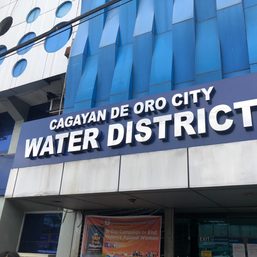
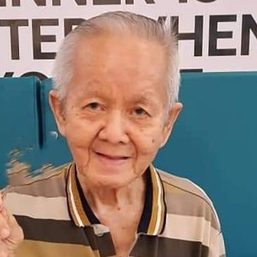

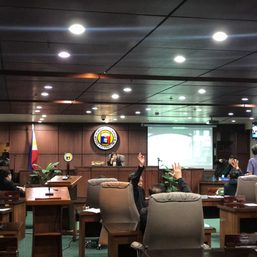
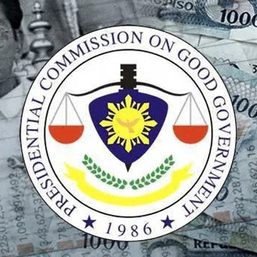
![[Newspoint] The lucky one](https://www.rappler.com/tachyon/2024/04/lucky-one-april-18-2024.jpg?resize=257%2C257&crop=536px%2C0px%2C1080px%2C1080px)
![[Just Saying] Marcos: A flat response, a missed opportunity](https://www.rappler.com/tachyon/2024/04/tl-marcos-flat-response-april-16-2024.jpg?resize=257%2C257&crop=277px%2C0px%2C720px%2C720px)
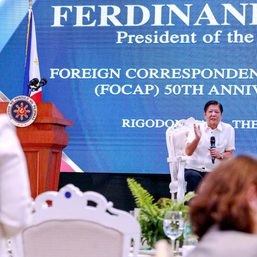
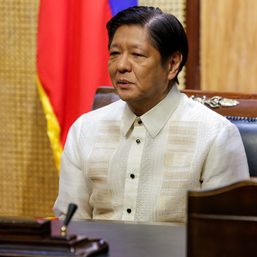




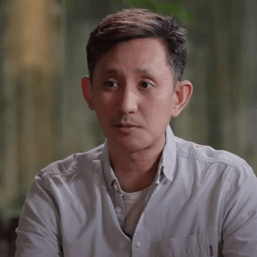
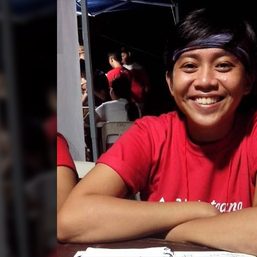
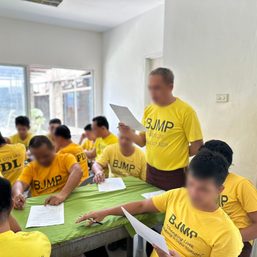
There are no comments yet. Add your comment to start the conversation.